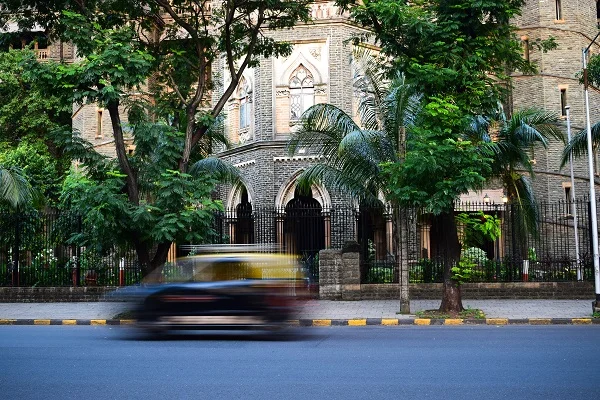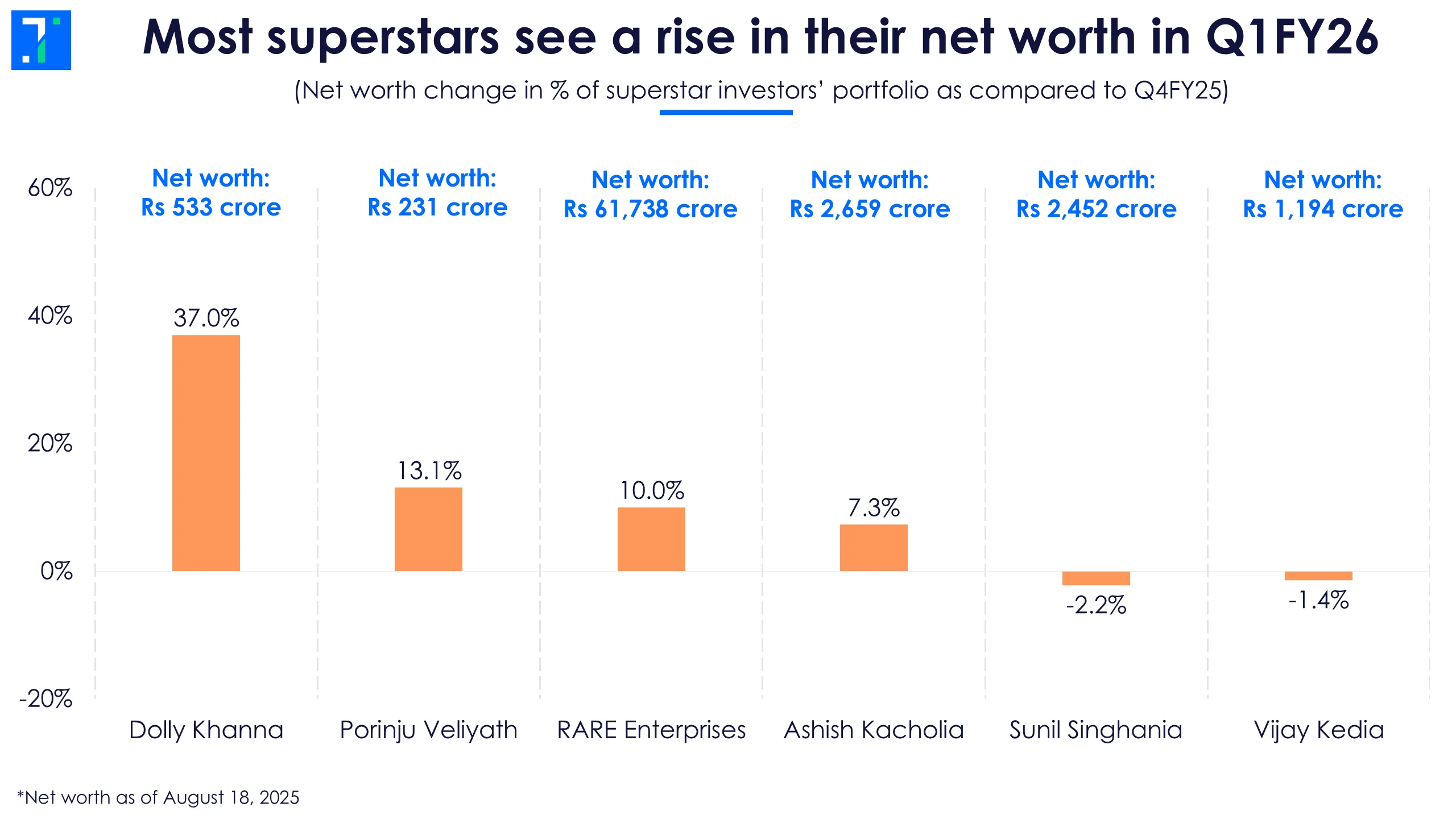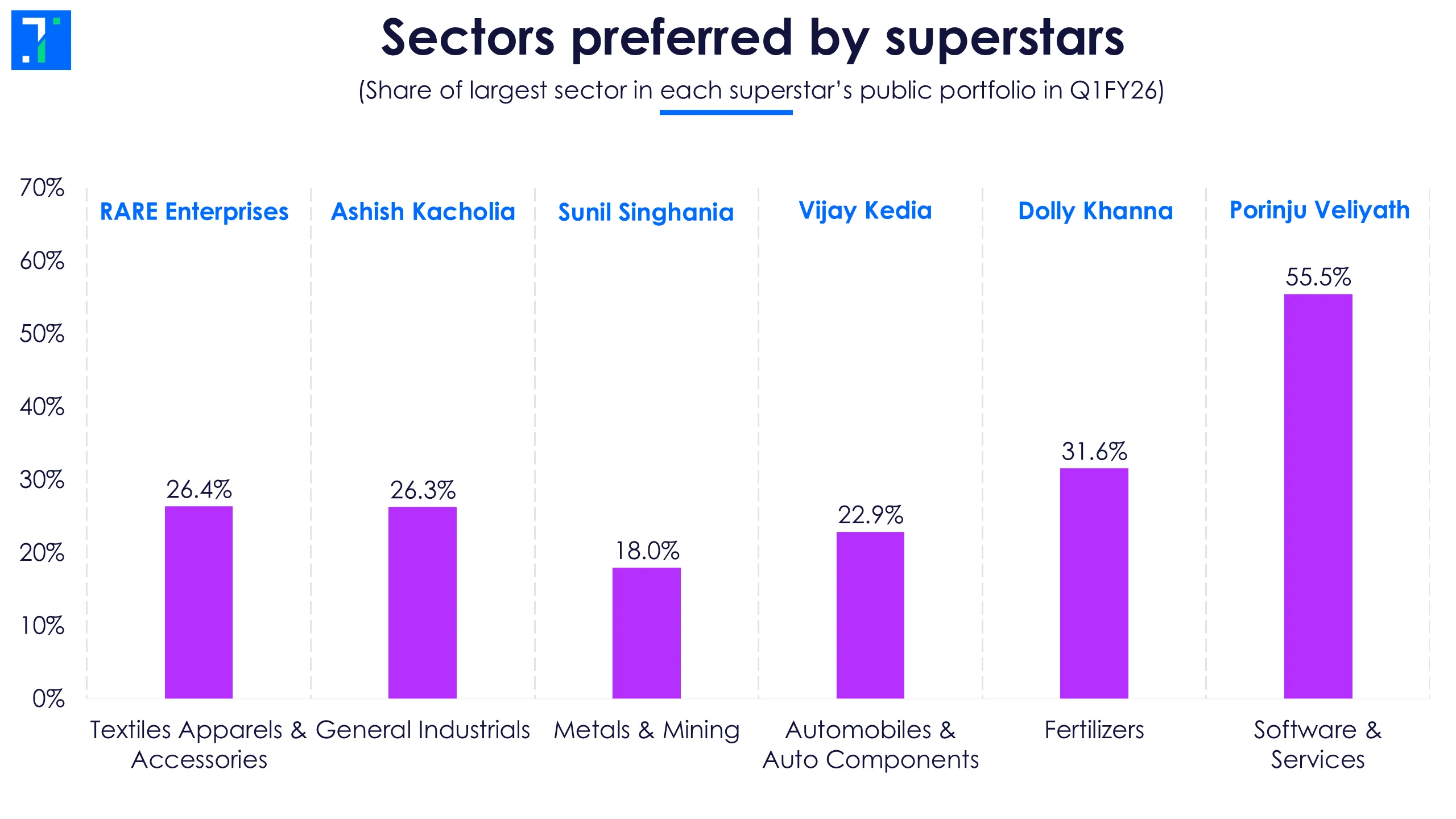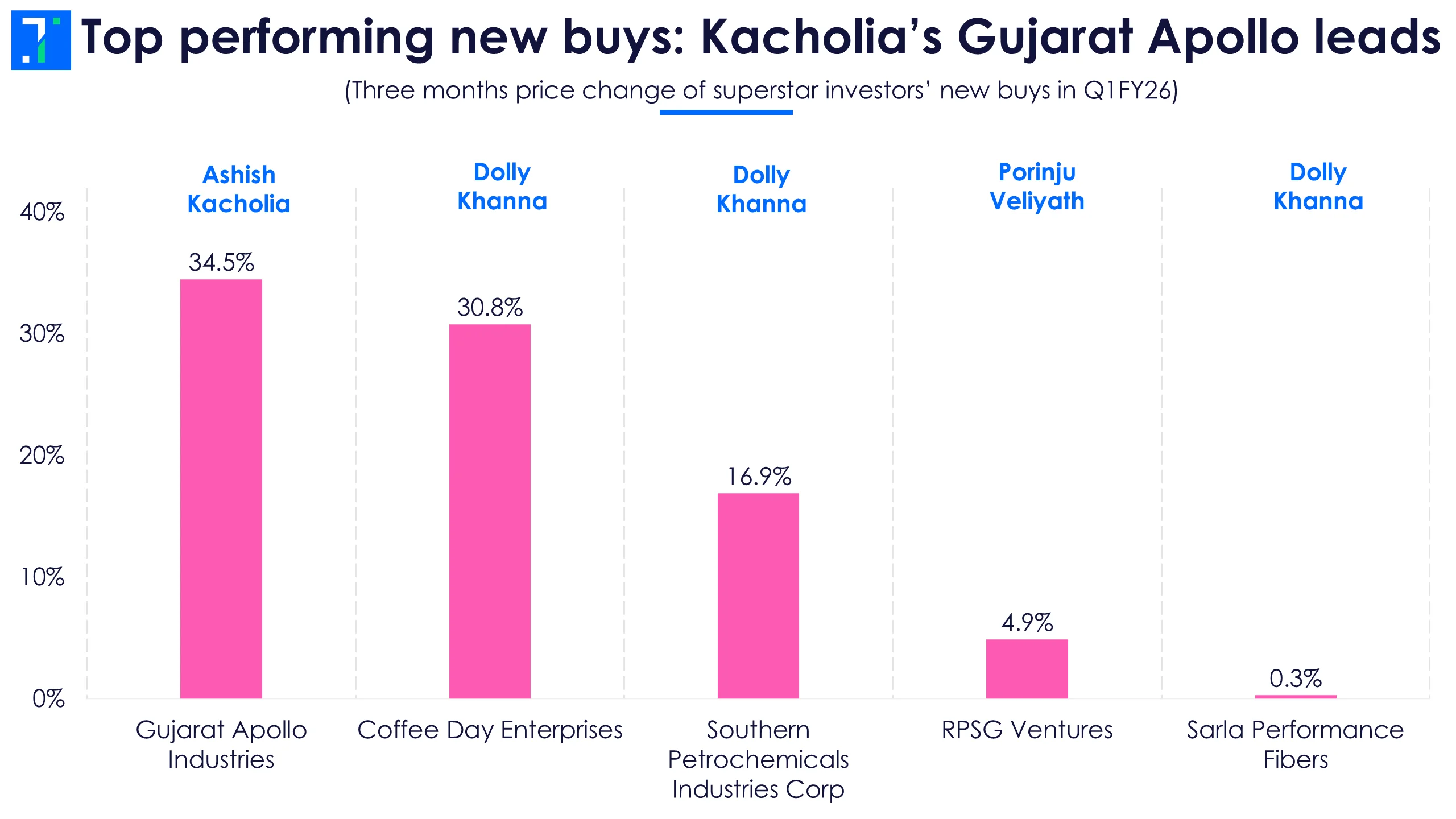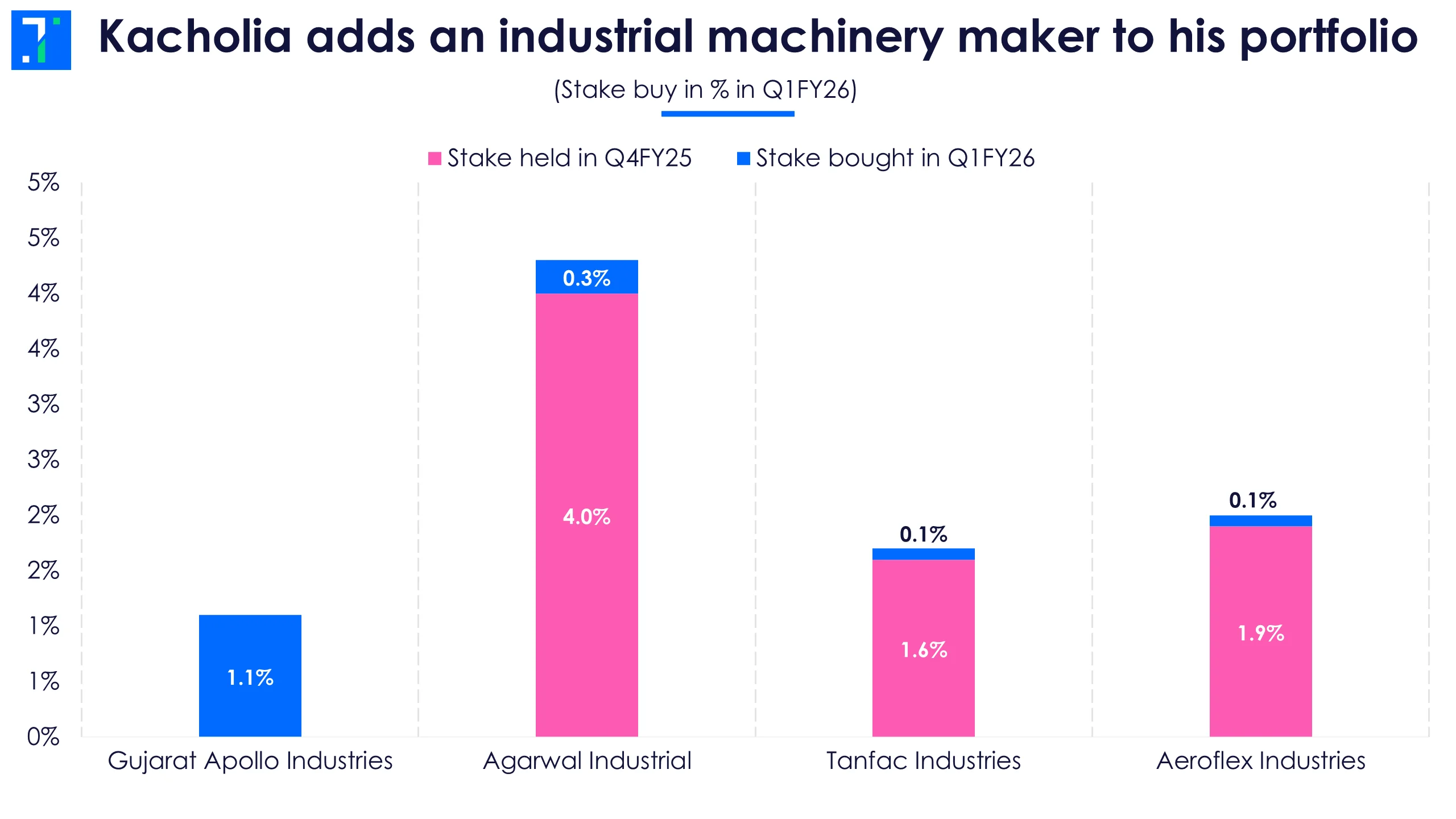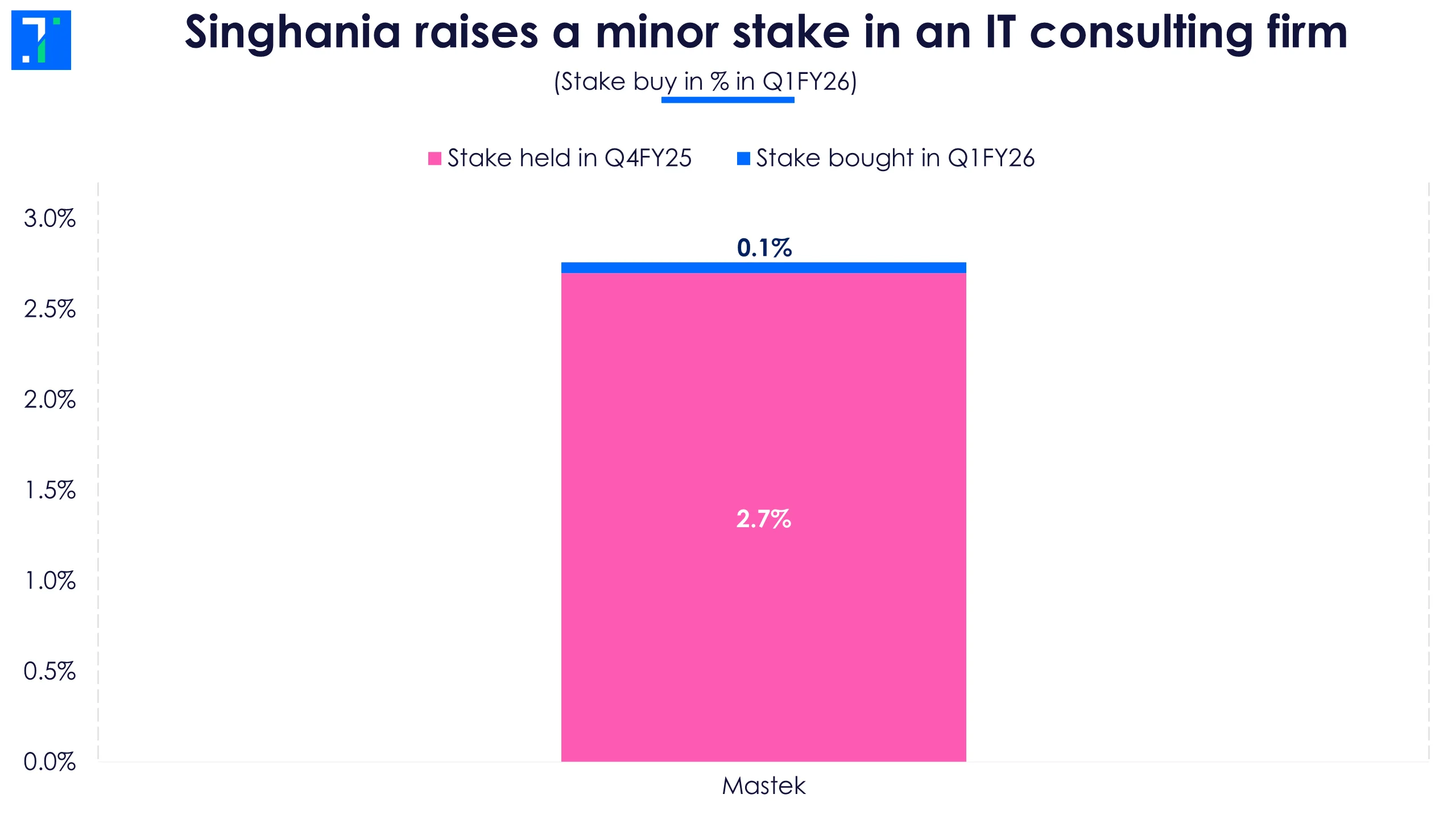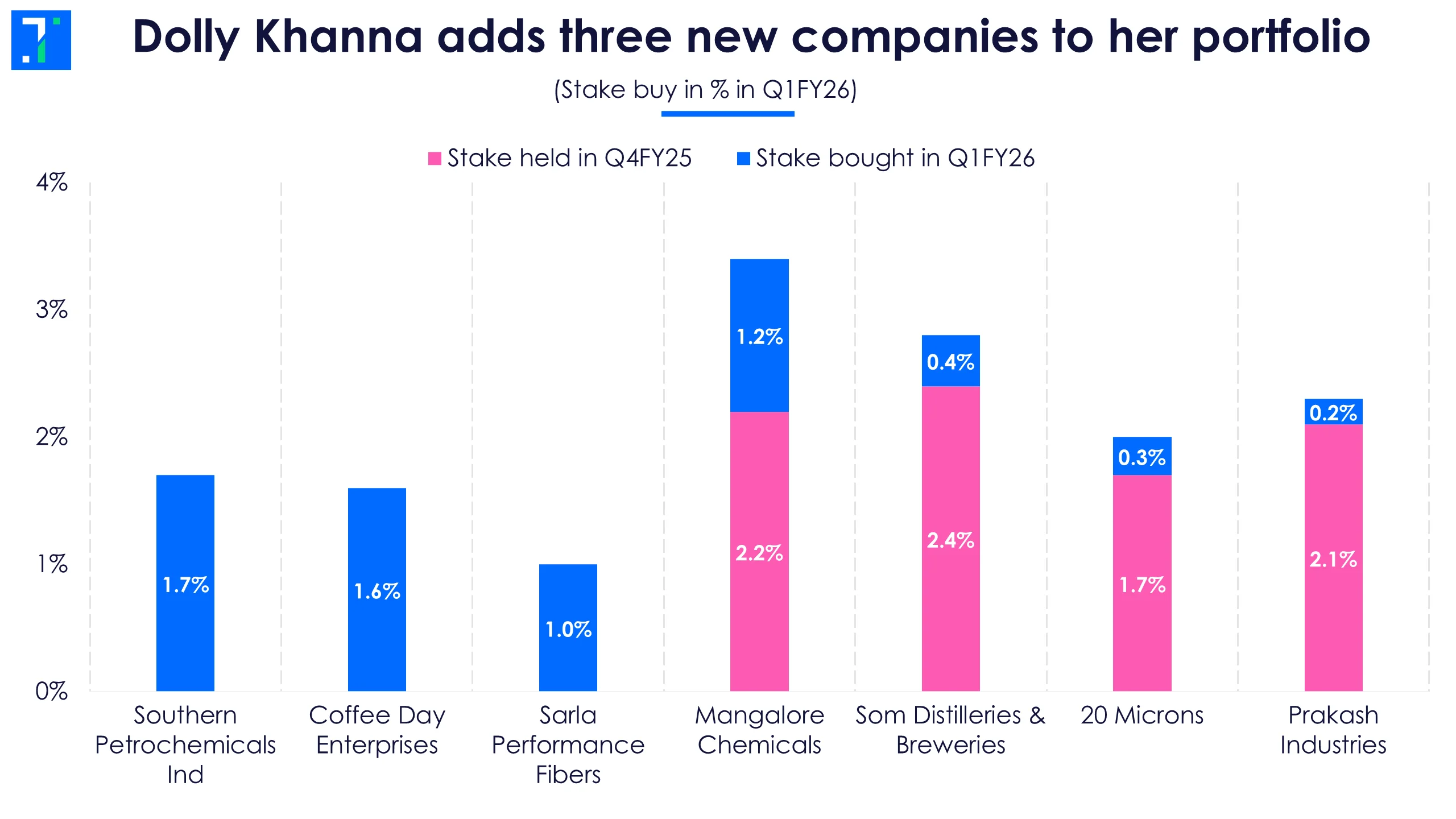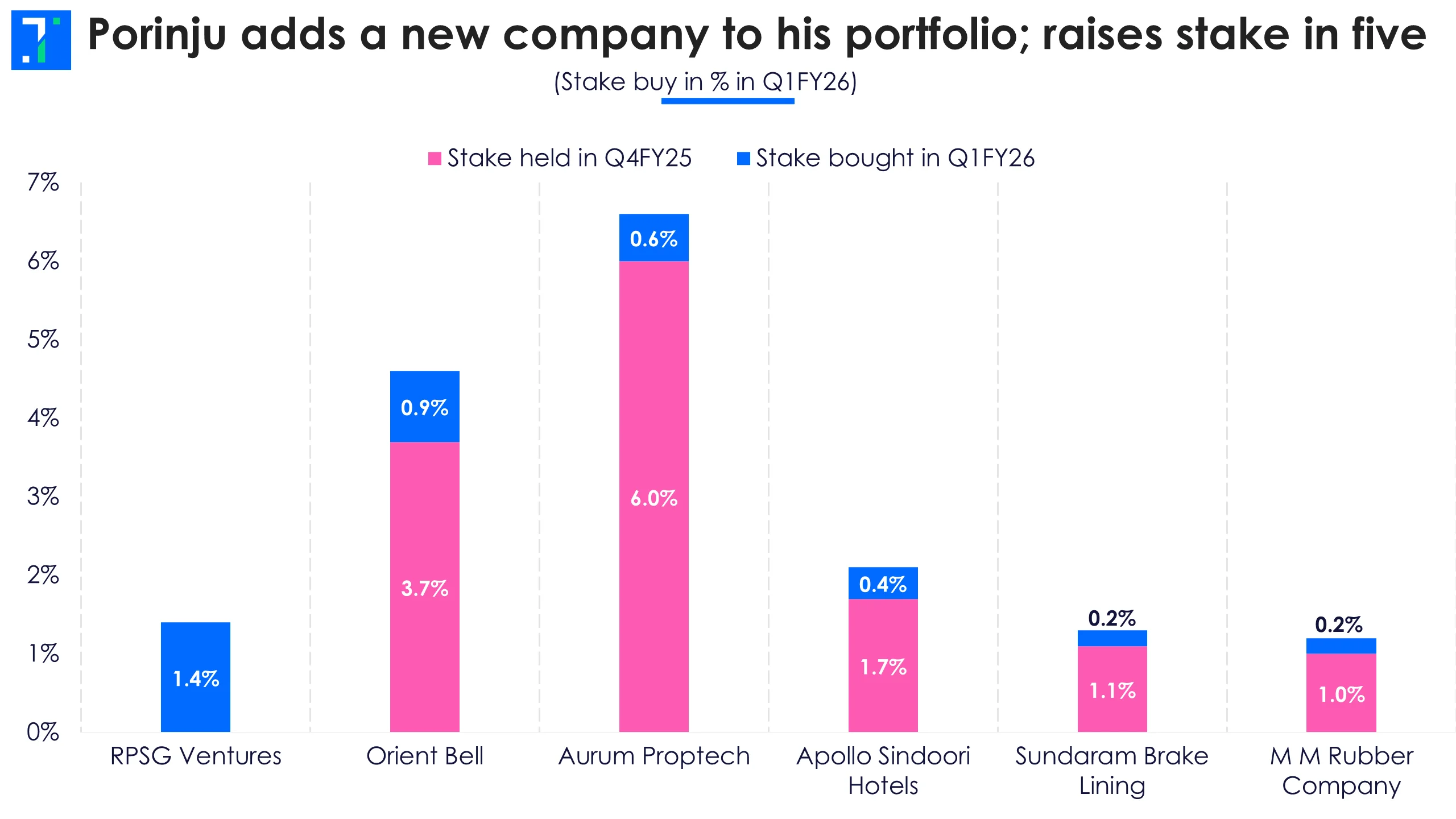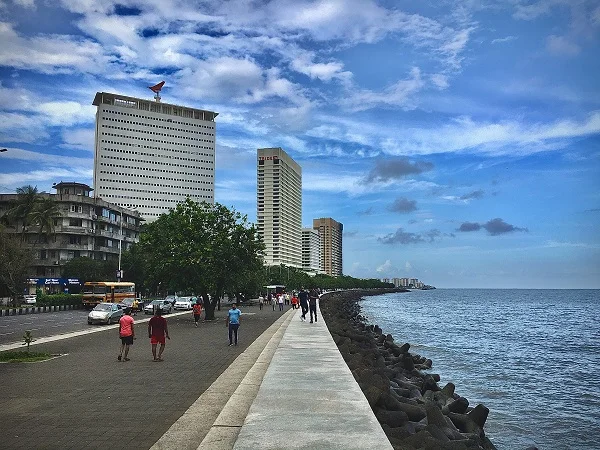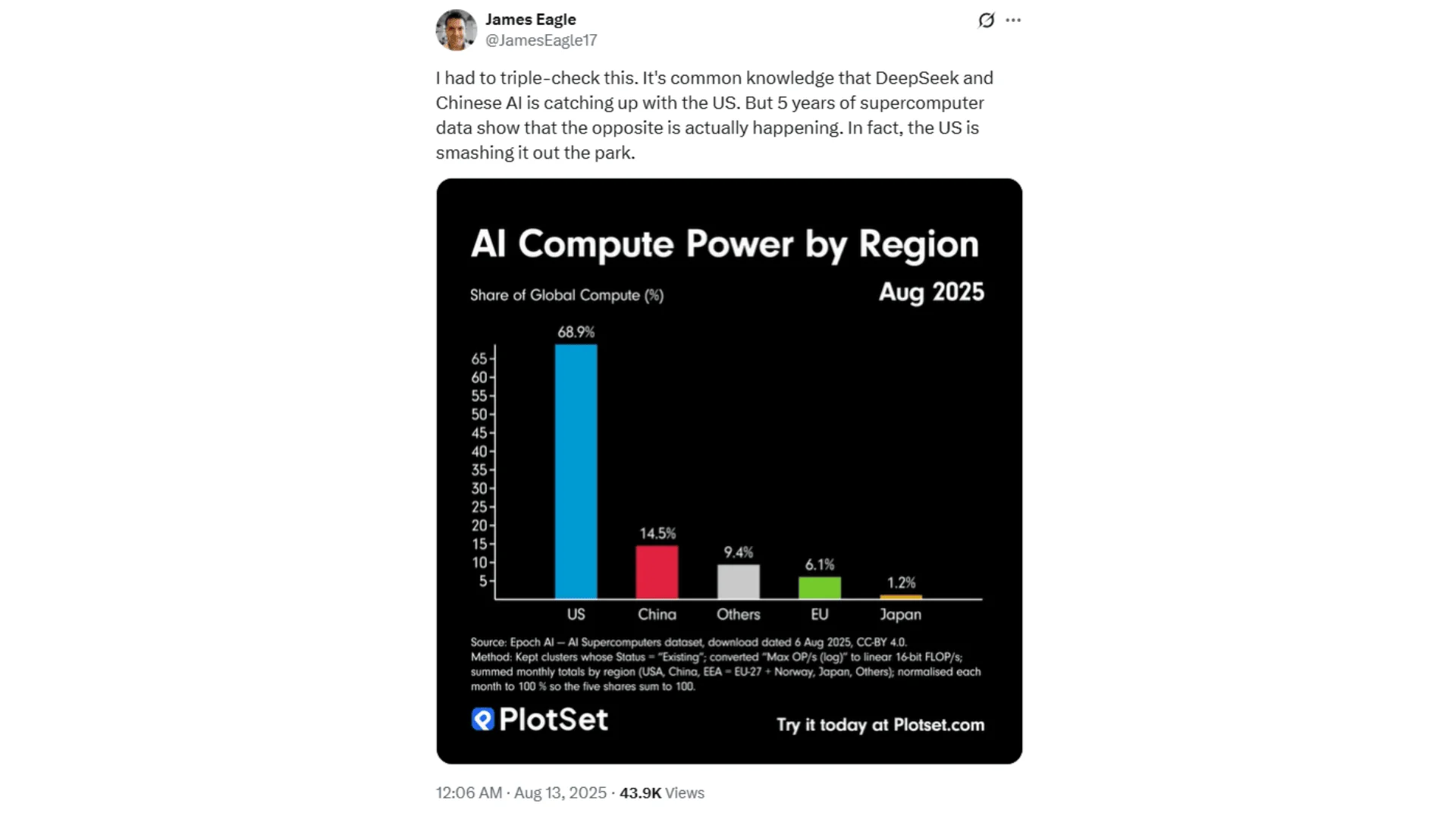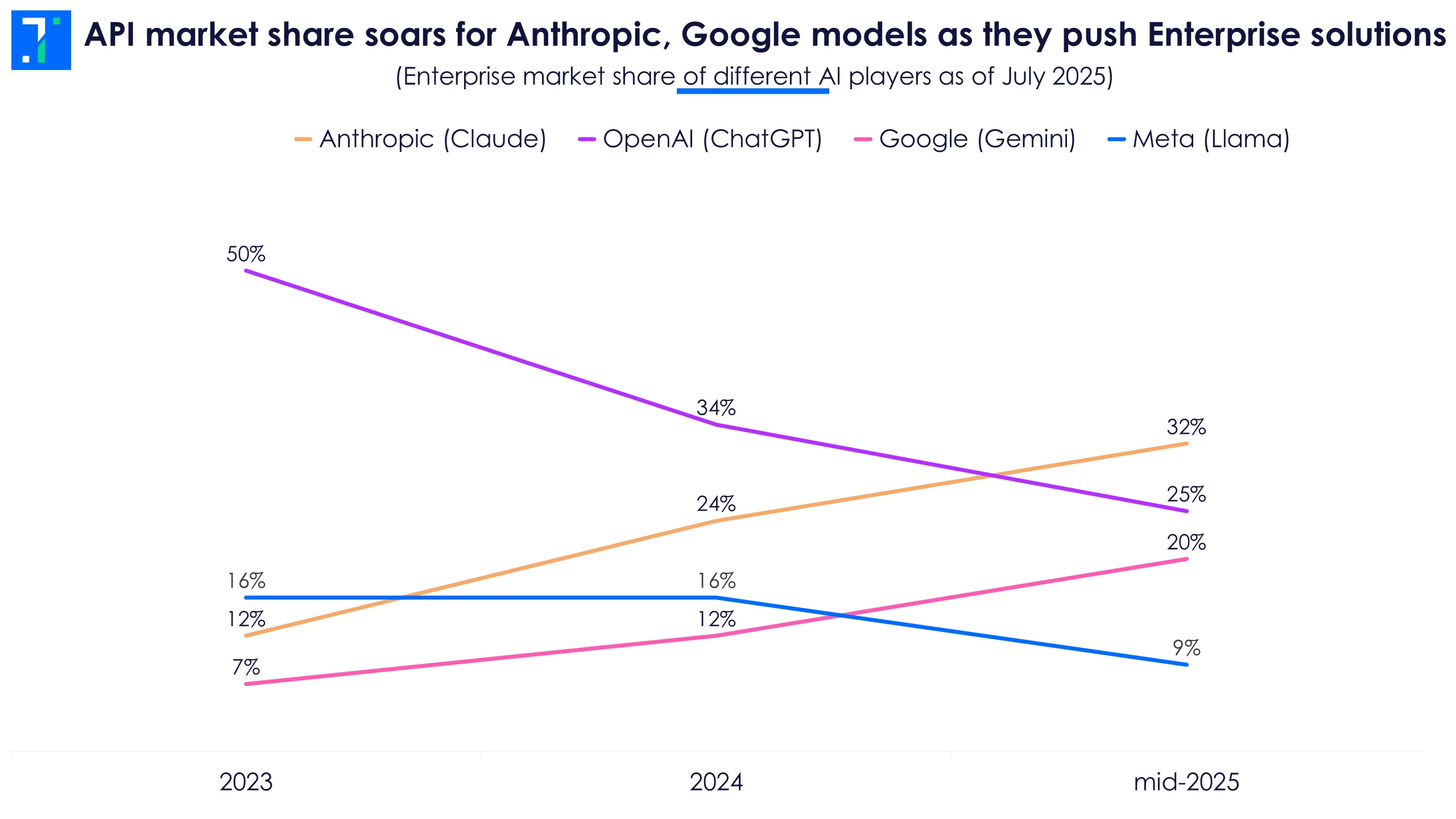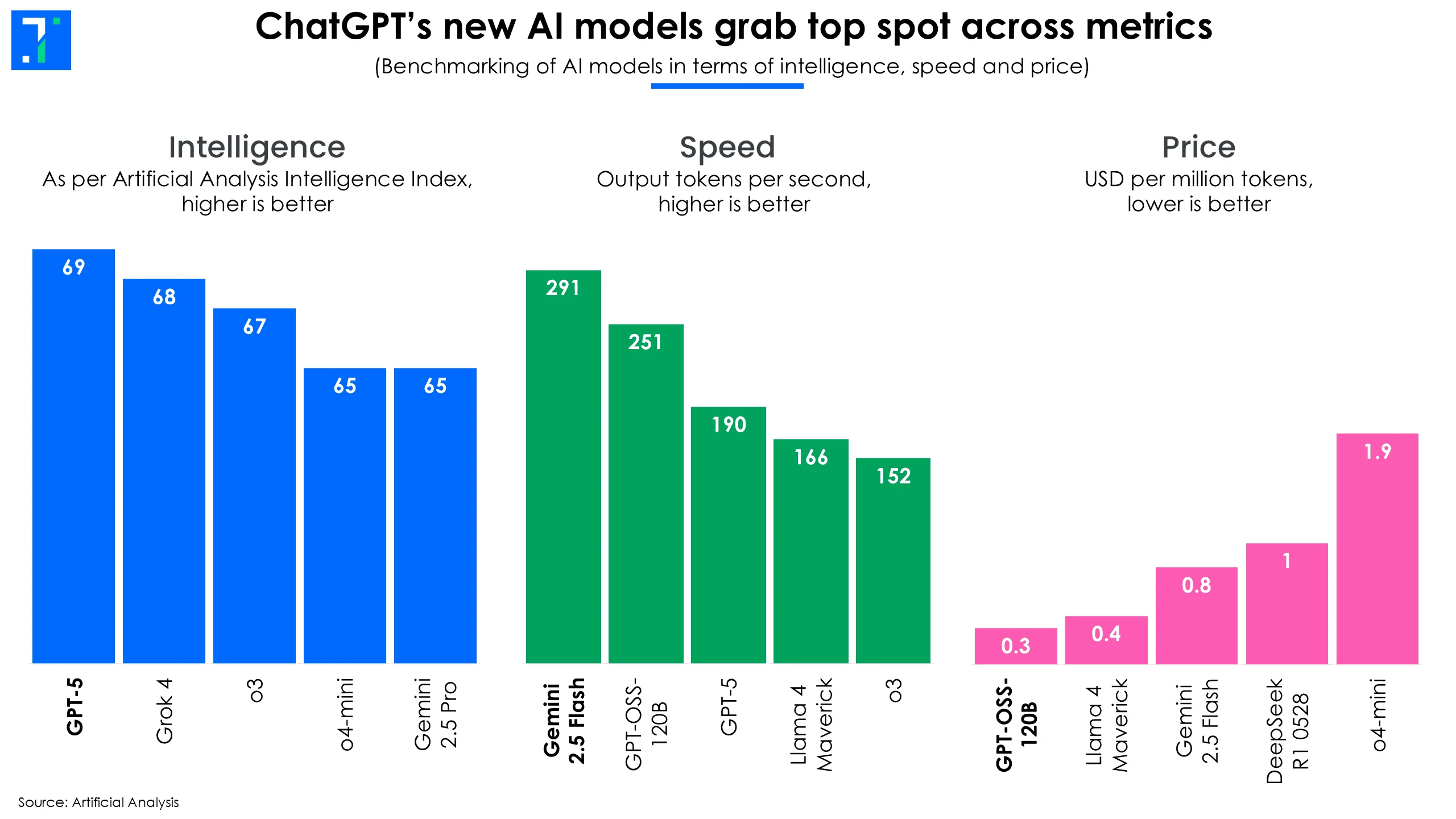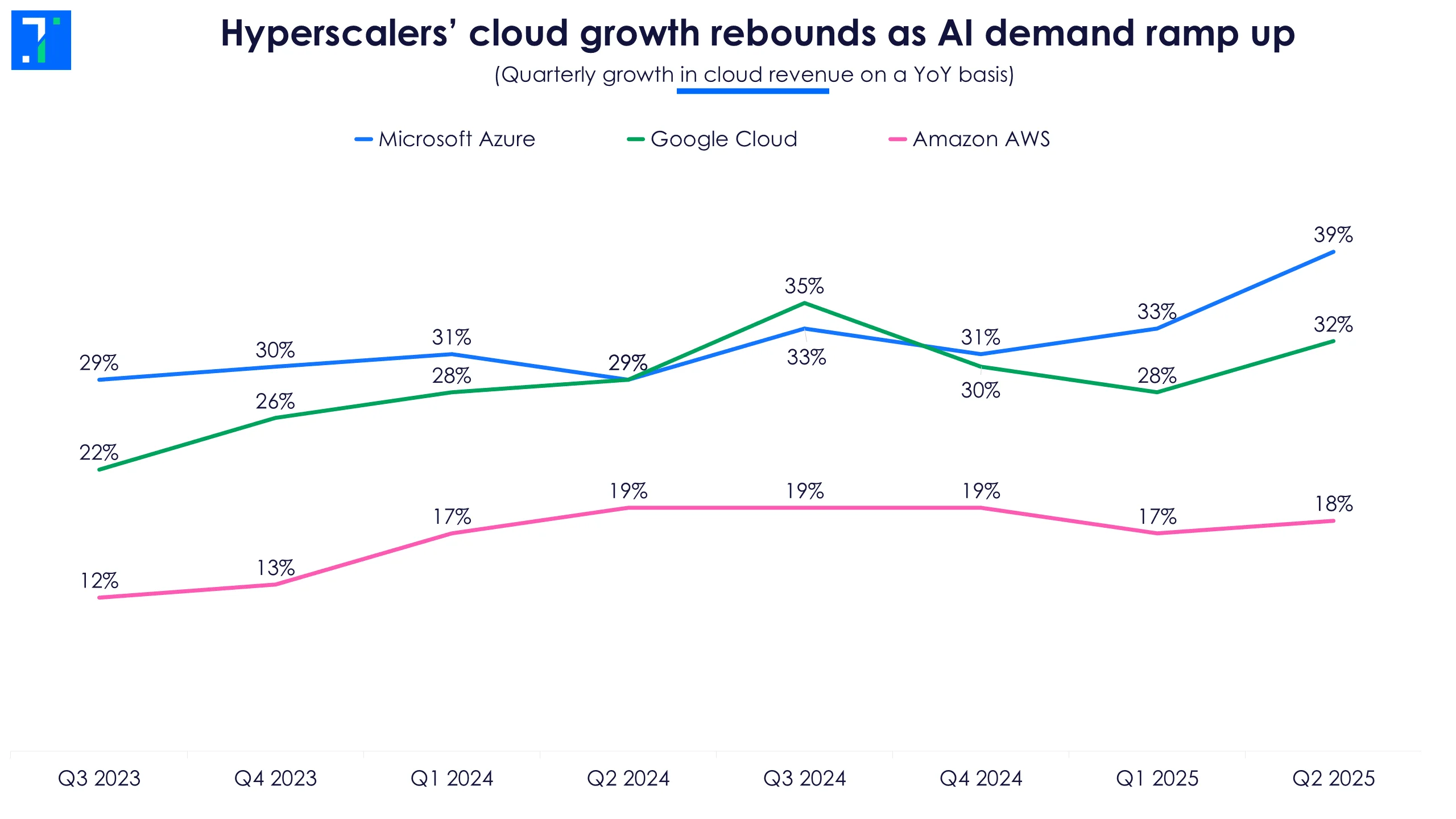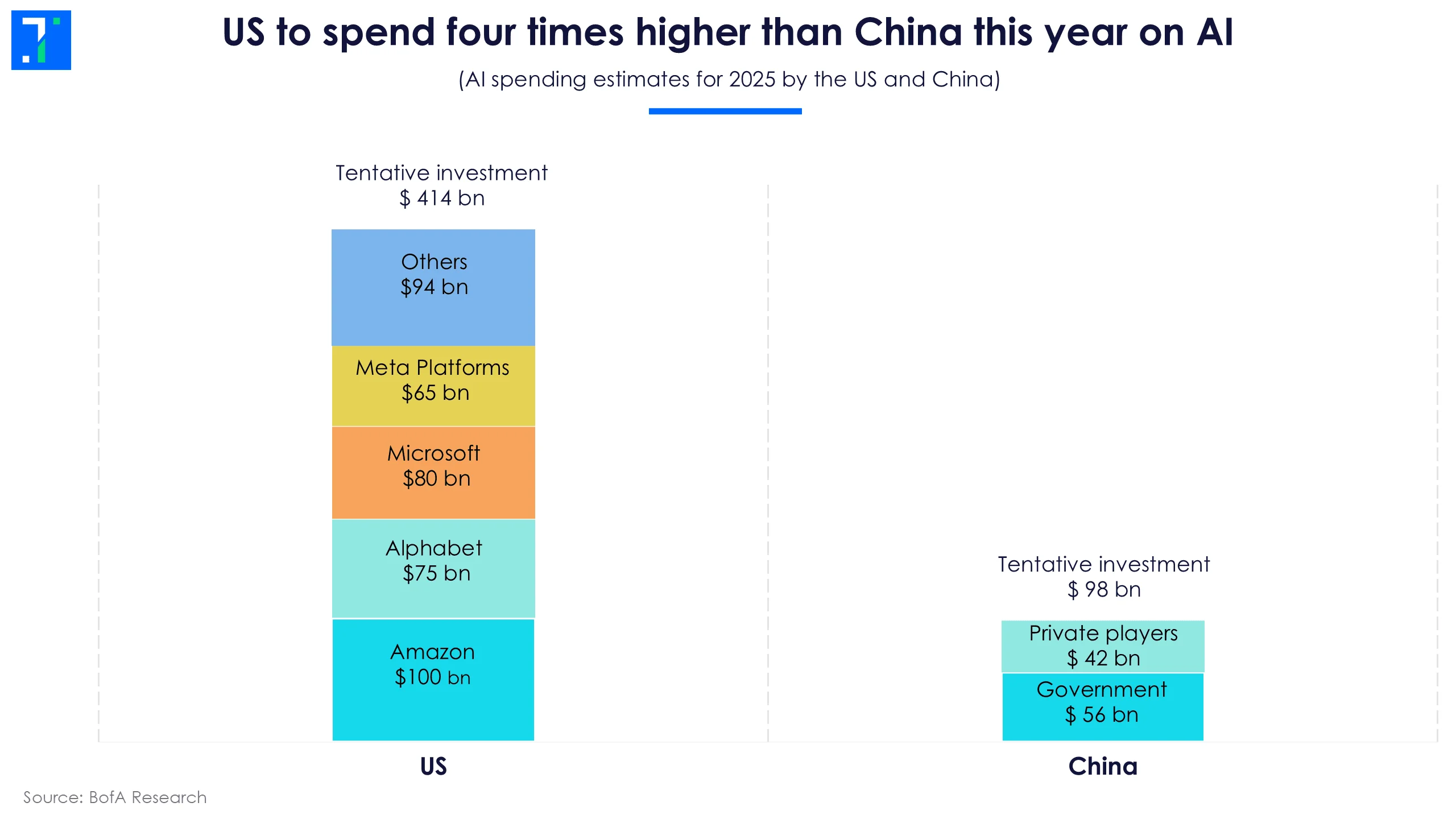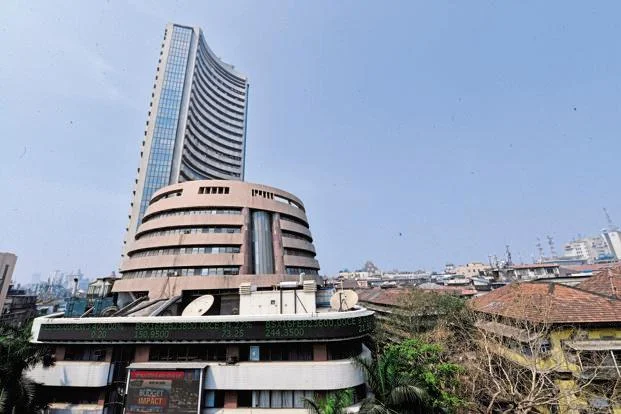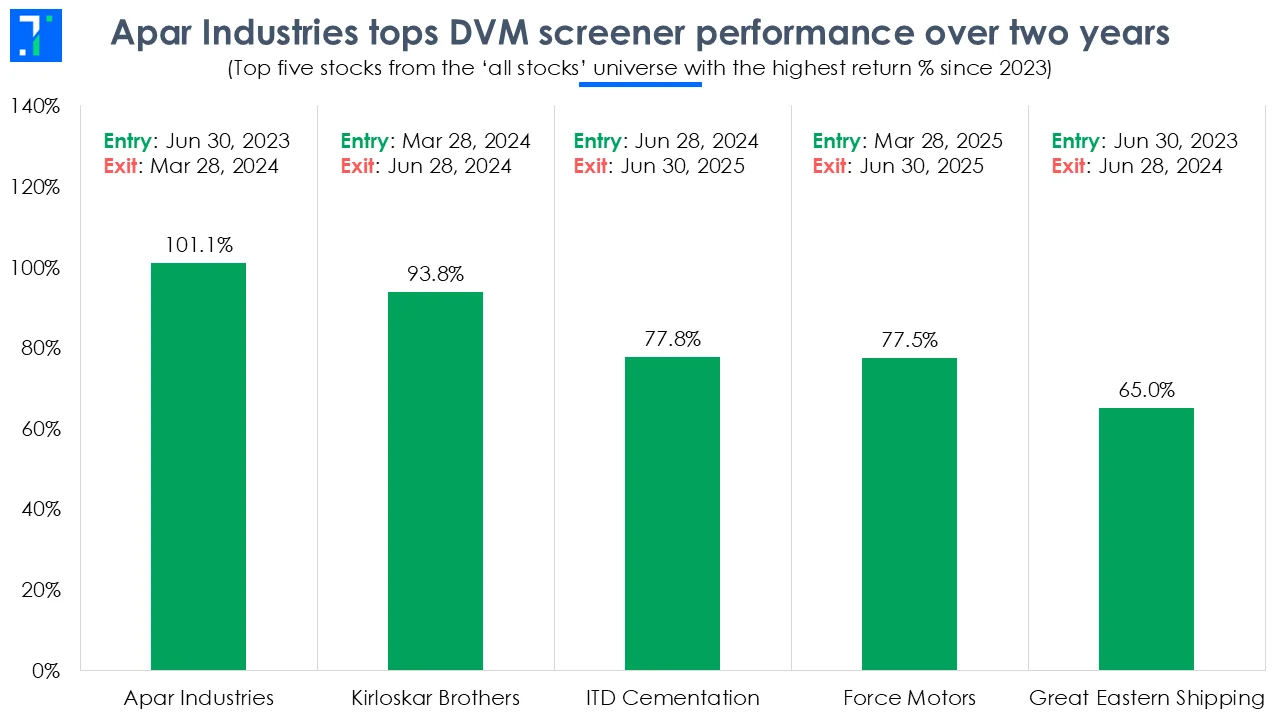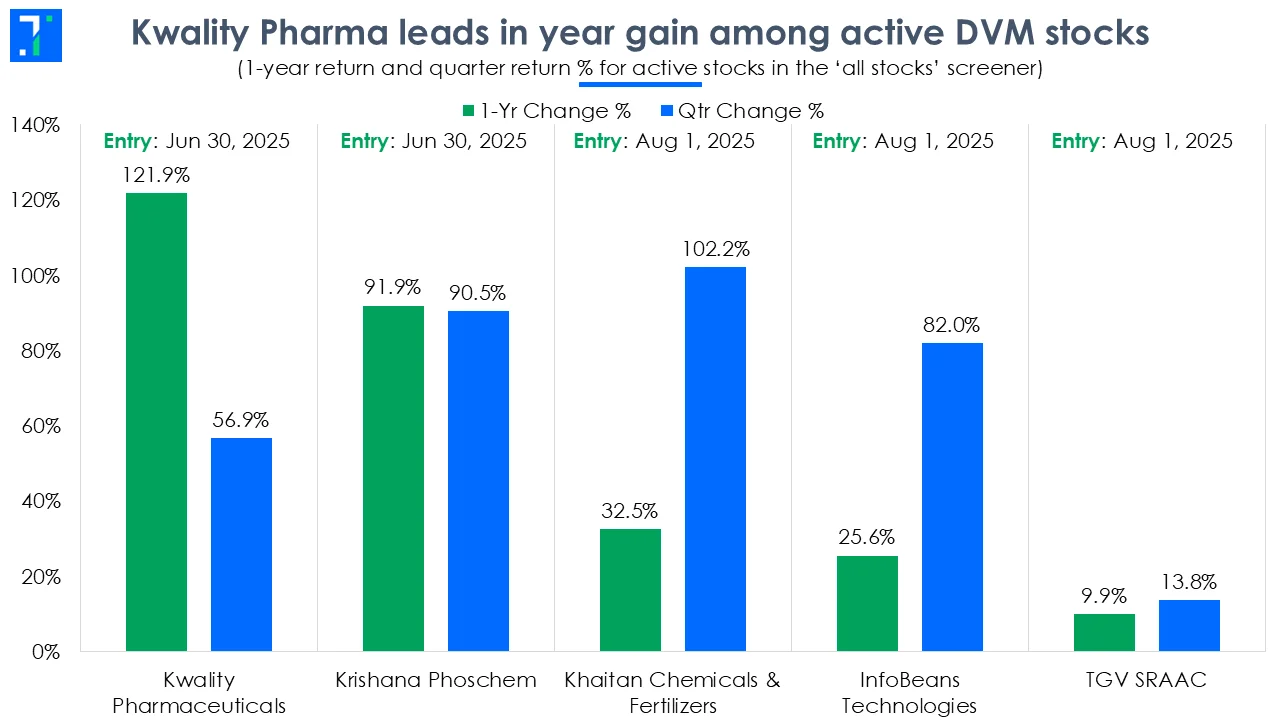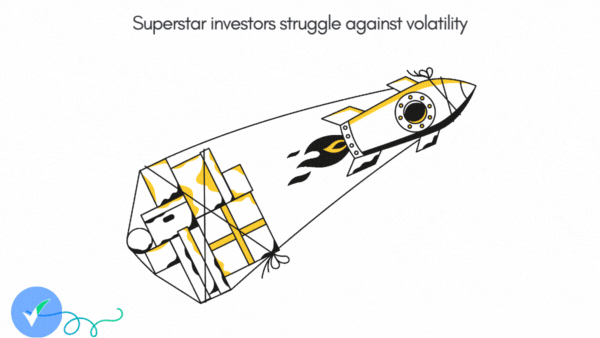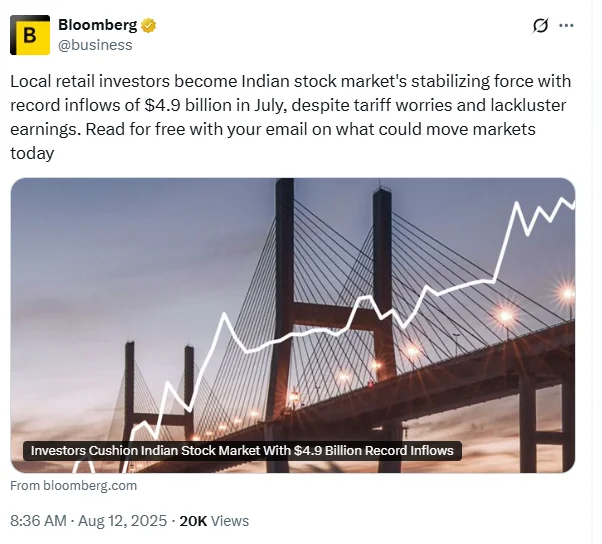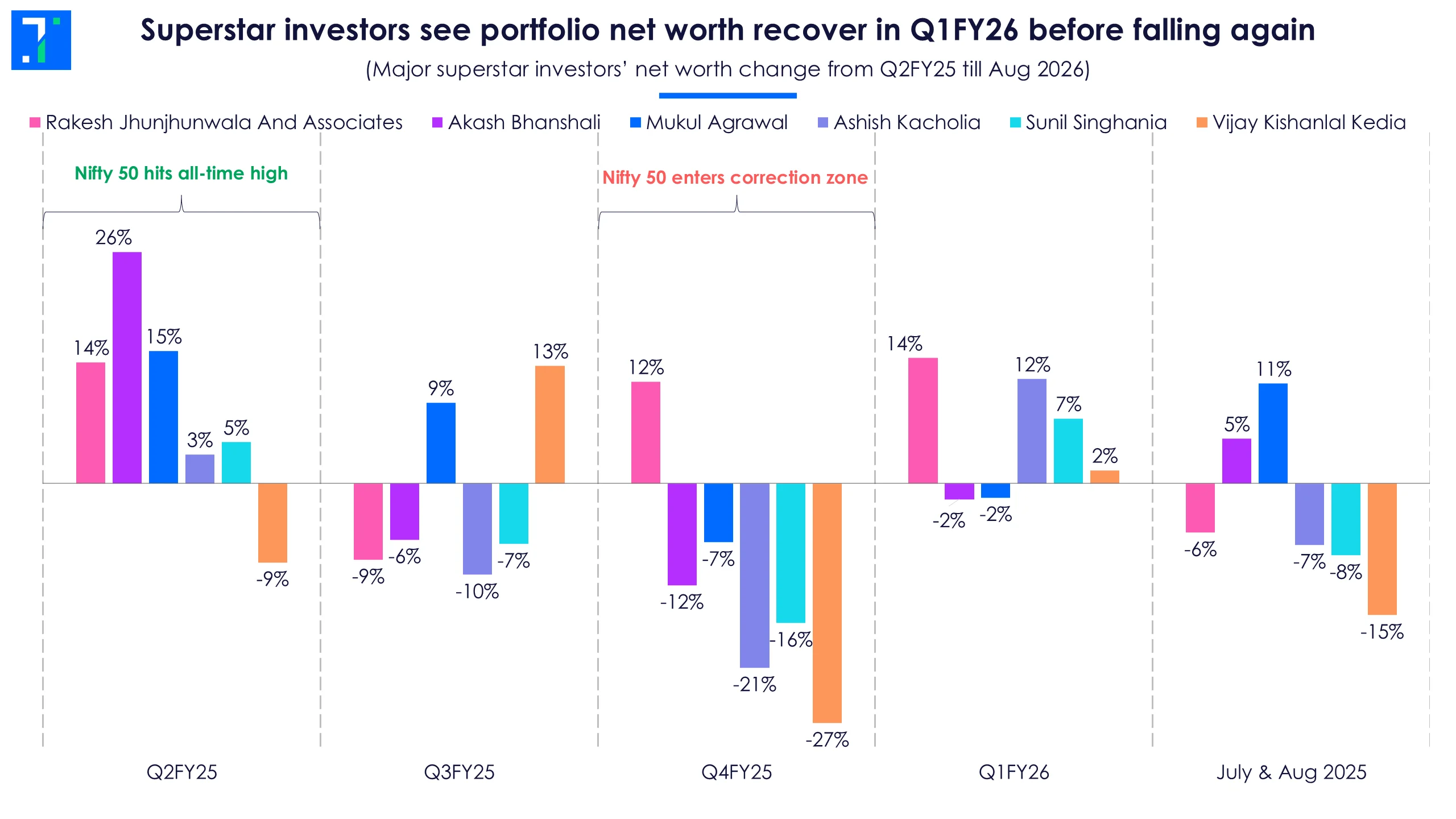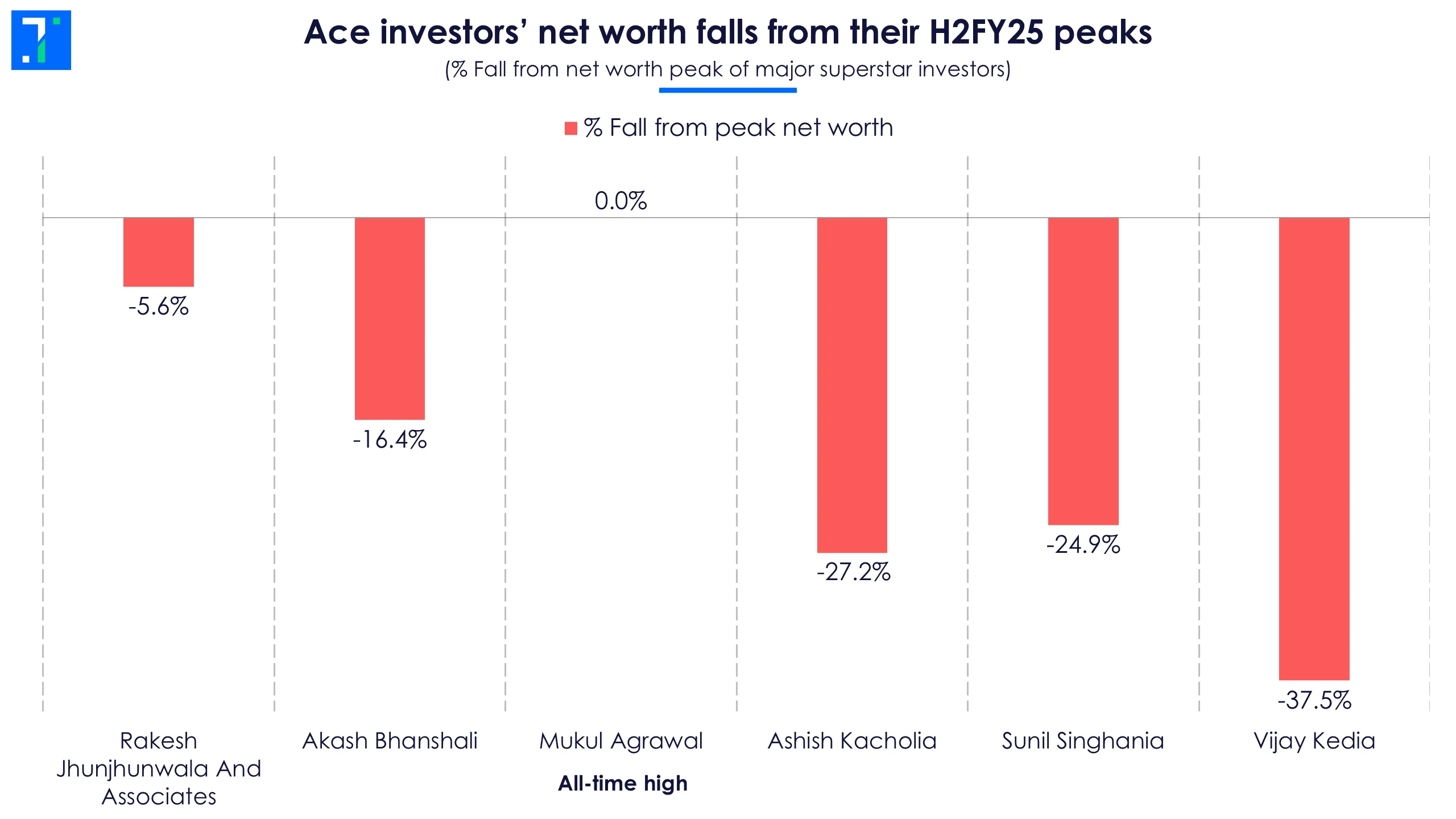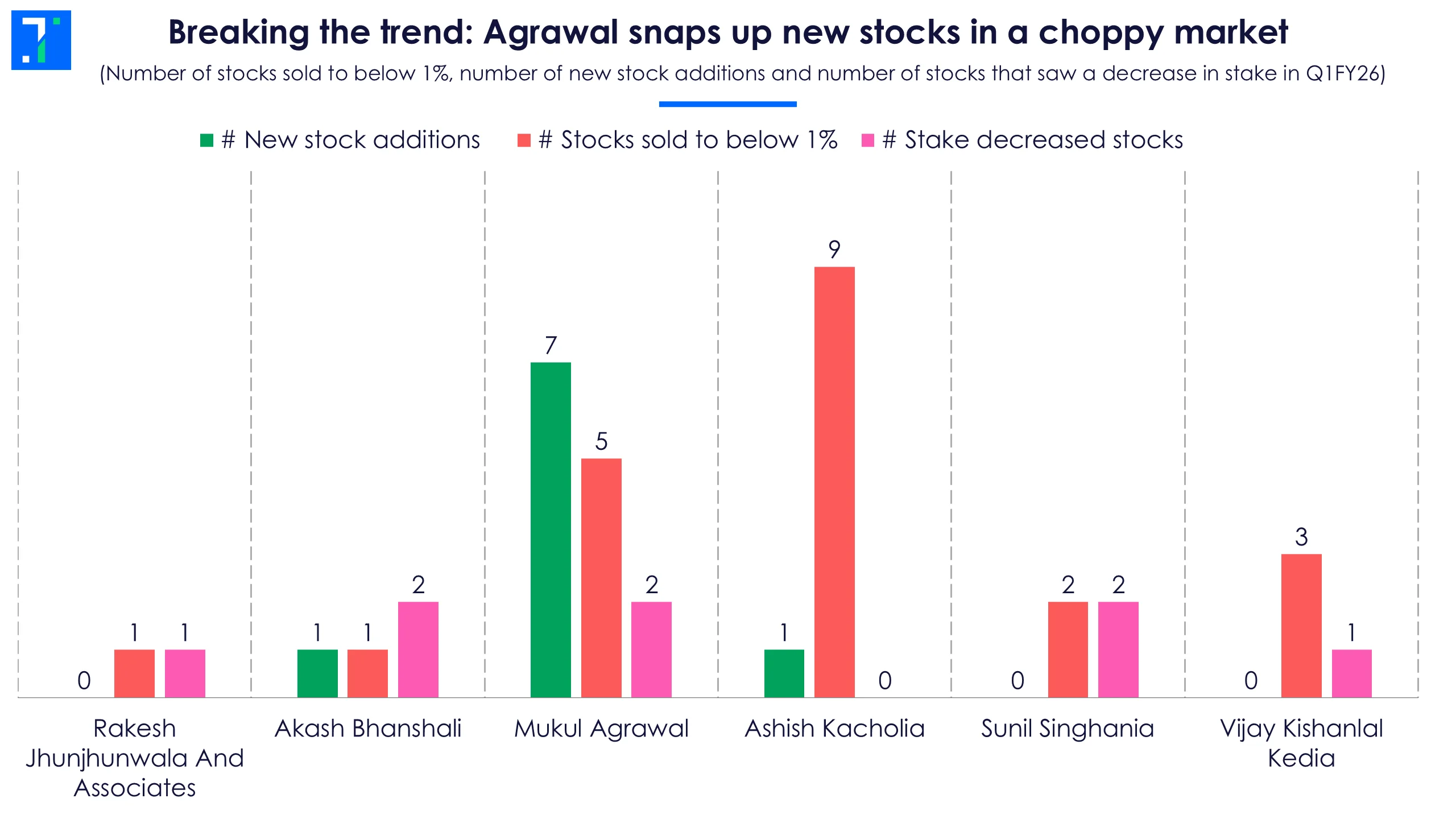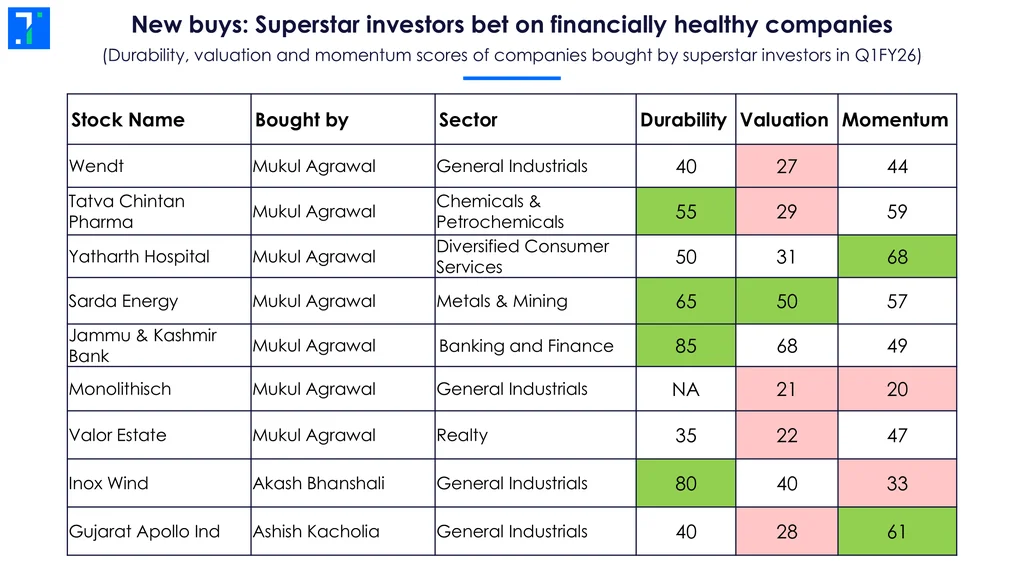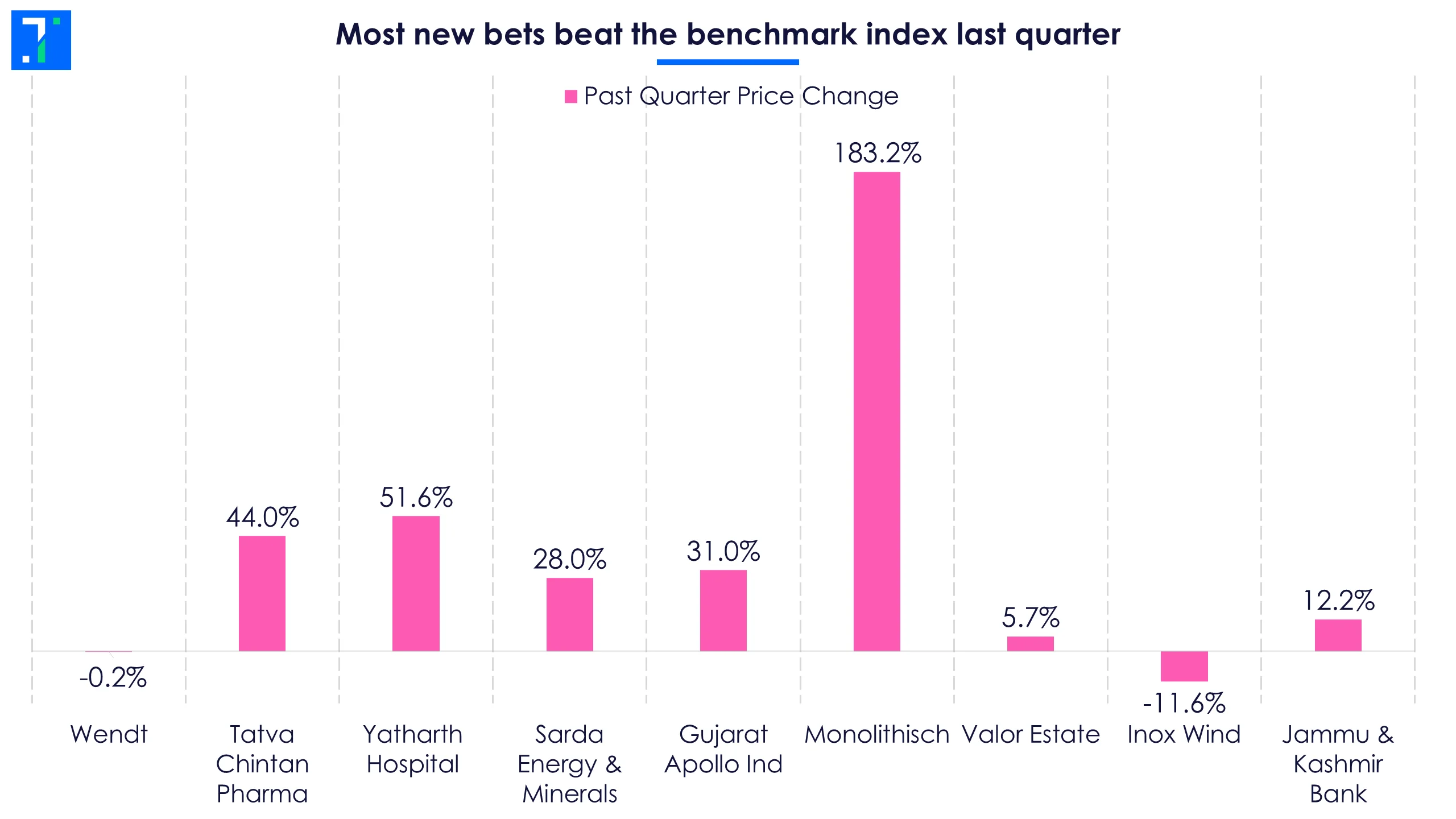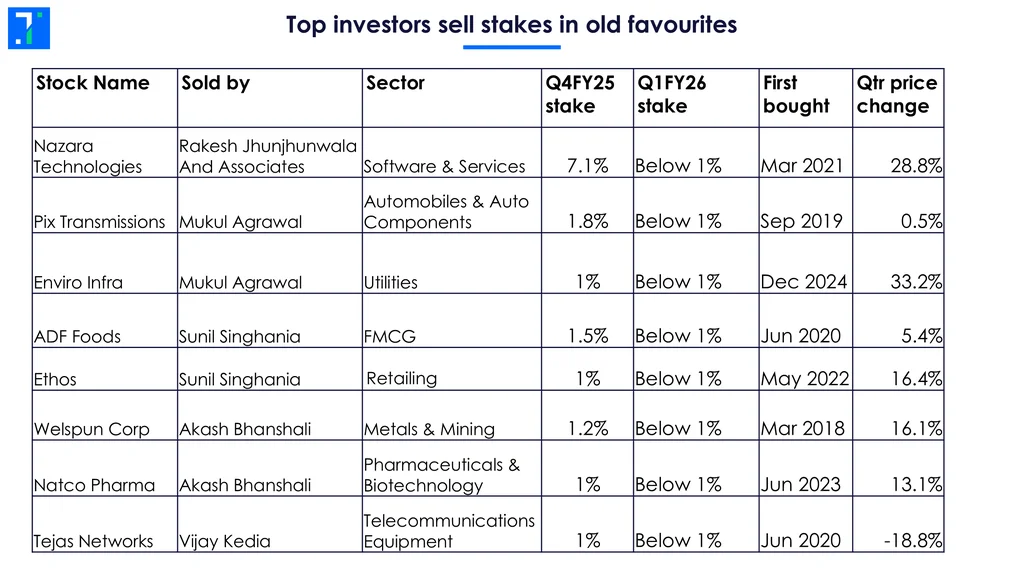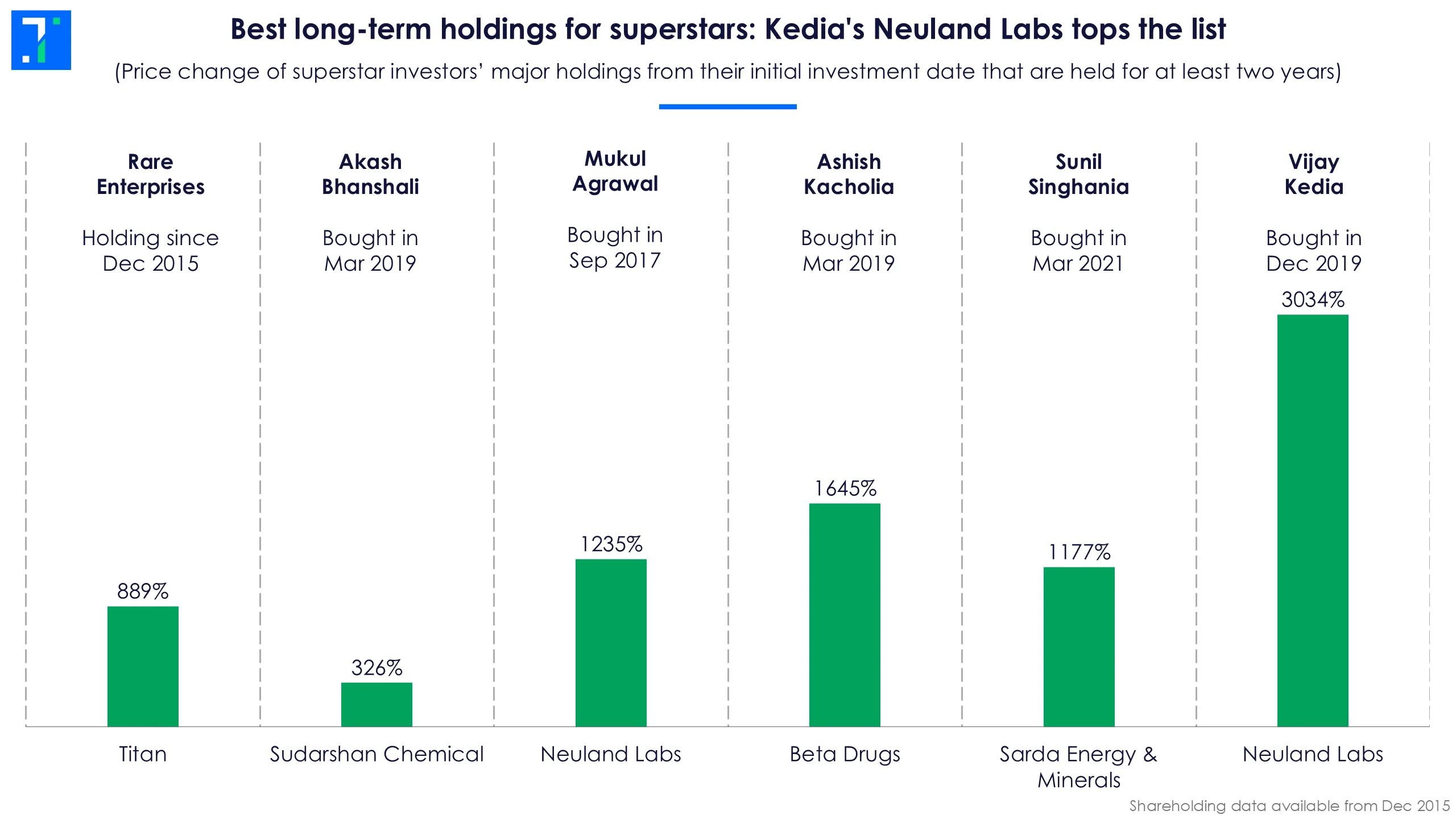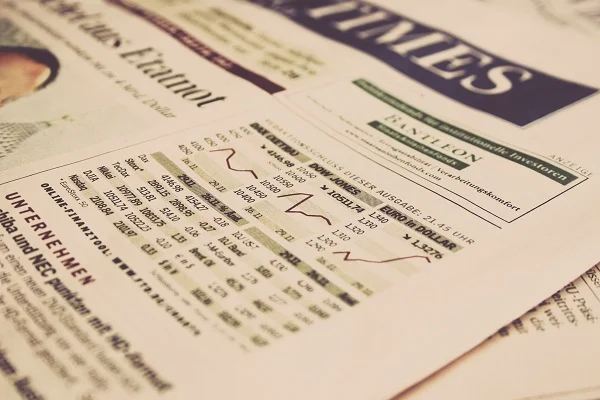
1. Manappuram Finance:
ICICI Securities upgrades its rating on this NBFC to ‘Buy’ with a target price of Rs 305, a 13.2% upside. Manappuram is working to expand its share of gold loans to 75% of its total loans, up from the current 65%. The goal is to improve the share of secured loans to 90% and reduce the share of unsecured microfinance. The management believes this shift will improve asset quality by reducing exposure to riskier segments.
To achieve this, the company will offer gold loans through its subsidiaries. It plans to introduce them at its Asirvad subsidiary, which has around 1,100 branches. If successful, the model will be extended to other subsidiaries. Under this plan, the company expects gold loan branches to grow to over 5,000 by year-end, up from 4,044 now.
Analysts Ansuman Deb, Shubham Prajapati, and Sanil Desai are also optimistic about the appointment of new CEO Deepak Reddy. They expect him to strengthen core businesses such as gold loans, vehicle loans, and housing finance, along with improving governance and customer focus.
In Q1FY26, the company's AUM rose 3% QoQ but fell 1.4% YoY, mainly because of weak performance at Asirvad Microfinance. The segment has been under pressure as many borrowers took on excessive debt, leading to higher defaults. This pushed up credit costs and weighed on profitability. The management expects conditions to improve and hopes the segment to recover by Q4FY26.
2. Global Health (Medanta):
Axis Direct maintains a ‘Buy’ rating on this hospitals chain with a target price of Rs 1,550, an upside of 12.9%. In Q1, the company’s net profit rose 45% YoY, beating Forecaster estimates by 17.2%, helped by a one-time gain from an interest reversal. However, EBITDA margins fell to 22%, down 190 bps YoY, due to annual salary hikes and costs related to the new Noida hospital.
The company’s average revenue per occupied bed (ARPOB) grew 4% YoY in Q1. Management expects mature hospitals to see 3–7% annual growth, mainly from treating more complex cases rather than price hikes. For newer hospitals, ARPOB may fluctuate quarterly but should gradually rise over time, supported by shorter patient stays. Management added that occupancy for advanced care hospitals will likely peak at 70–75% in FY26.
Medanta plans to invest Rs 3,500 crore to add 3,000 new beds over the next five years, along with Rs 450 crore for maintenance in the next three years. Analyst Aman Goyal notes that the company’s strong balance sheet will support this expansion, along with technology upgrades and acquisitions in key regions.
3. Can Fin Homes:
Geojit BNP Paribas upgrades its rating to ‘Buy’ on this housing finance company with a target price of Rs 900, an upside of 17.2%. In Q1FY26, the company’s loan disbursements grew 9% YoY to Rs 2,000 crore. The management expects disbursements of Rs 10,500 crore in FY26, with Rs 2,500 crore planned for Q2. Net profit rose 12.1%, even as the company increased provisions to clear out overdue accounts early in the year.
Can Fin Homes has passed on the recent repo rate cuts to its customers, lowering rates by 25 bps. However, the benefit will reach borrowers gradually, since most loans reset only once a year. By Q1, 67% of the loan book was on annual resets, down from 72% in March. The remaining loans reset every quarter.
Analyst Arun Kailasan notes that with banks passing on rate cuts to customers with a delay, net interest margins should remain stable. He expects net interest income to grow 11.2% and net profit to rise 40.4% over FY26–27.
4. Lemon Tree Hotels:
IDBI Capital maintains a ‘Buy’ rating on this hotel company with a target price of Rs 177, a 19% upside. The company’s Q1FY26 revenue rose 17.8% YoY to Rs 315.8 crore. Growth was driven by a 10% rise in average room rate to Rs 6,236 and higher management fees from third-party contracts and its subsidiary, Fleur Hotels.
Analysts Archana Gude and Jaydeep Taparia note broad-based growth, with Aurika Mumbai’s occupancy jumping to 76.6% from 45.8% last year, driven by higher corporate and direct bookings. During the quarter, the company signed 14 new management and franchise contracts, adding 1,273 rooms, and operationalised five hotels with ~400 rooms.
Management expects accelerated growth across owned, leased, managed and franchised assets, supported by strong travel demand, new contracts, and expansion. Net debt declined 11% YoY to Rs 1,658 crore, and the company targets becoming debt-free within the next 18 months.
5. MRF:
Anand Rathi maintains a ‘Buy’ rating on this auto tyres manufacturer with a target price of Rs 1,70,000, a 16% upside. MRF’s Q1FY26 revenue grew 6.7% YoY, beating Forecaster estimates by 3.1%. Growth was driven by stronger domestic demand and an improvement in product pricing. However, EBITDA margin declined to 12.4% from 14.1% last year due to higher input costs.
Management noted that the April-June quarter usually brings higher sales, as new vehicle production boosts orders from original equipment manufacturers and replacement demand also picks up. But this year, demand was subdued due to tariff issues in April, the impact of geopolitical tensions in May, and early monsoons.
Despite these challenges, analyst Mumuksh Mandlesha remains optimistic about the company. The brokerage expects revenue, EBITDA, and net profit to grow at a CAGR of 9%, 13%, and 19%, over FY26-28. This is supported by stronger replacement and export demand, market share gains, and margin recovery from lower rubber and crude derivative prices.
Note: These recommendations are from various analysts and are not recommendations by Trendlyne.
(You can find all analyst picks here)

